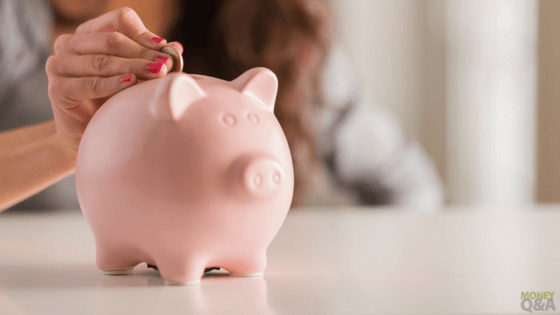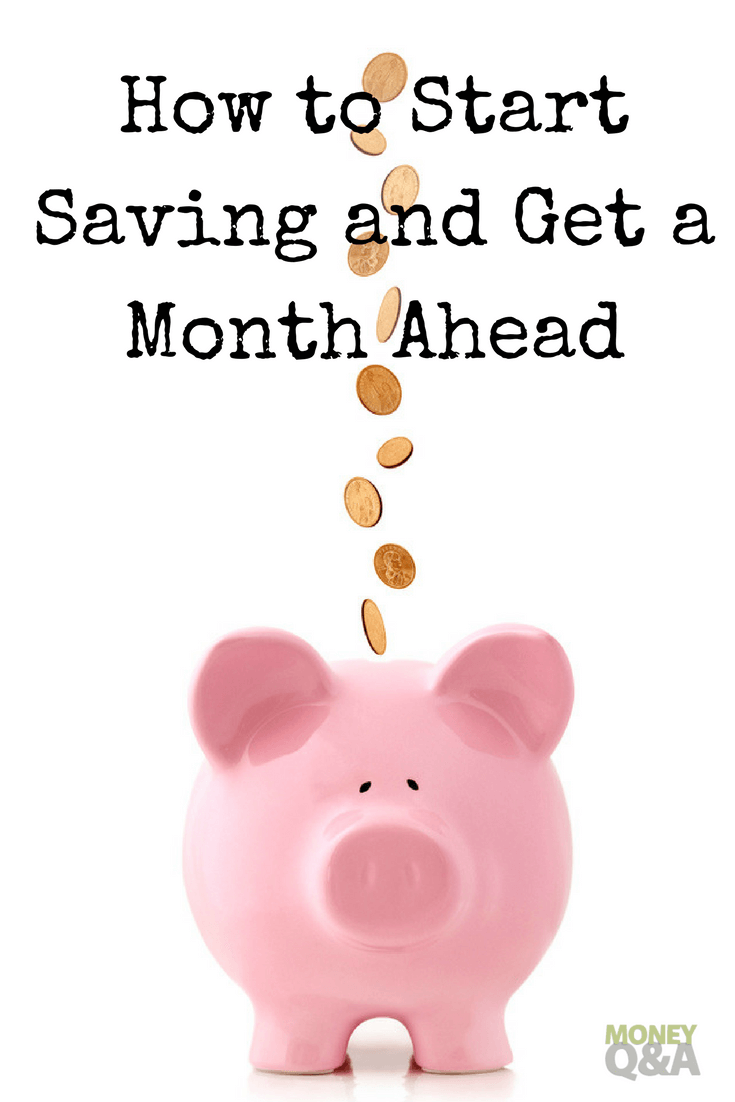The following is a guest post by Rebekah Carter. If you’d like to contribute a guest post to Money Q&A, check out our guest posting guidelines.
Today, most people know just how valuable a financial safety net can be. In times of crisis, an emergency fund can be the difference between being able to replace your broken washing machine, or being forced to turn to the bank for a loan. It can also mean that you’re always protected if something unfortunate happens to your income.
The trouble is when you don’t have a high-paying career in the first place, getting a month ahead in your savings can feel like an impossible goal. The good news is that no matter how tight your budget might be, there are still ways that you can save some extra cash if you’re careful, diligent, and focused.
Step 1: Know Where Your Money Goes
Often, it’s hard to save on a low income because much of your money goes on paying household expenses. Ultimately, your housing costs should only make up about 25% of your take-home pay, but this can be very difficult to achieve if your wages are low. Sit down with a notepad and write down everything that you spend money on each month in your home.
If you find that your energy bills or your rent are too high, then you might want to start looking around for a better deal. Often, you can cut the costs of gas and electric just by switching to an alternative provider.
Step 2: Plan Your Expenses
The biggest enemy to savings is sporadic spending. You should never buy something just because you feel like it. Instead, if you want to make sure that you get that month of extra cash in your bank account, then you’ll need to write down a budget for exactly what you’re going to spend on a week-to-week basis.
Watching your income so carefully might not seem like a lot of fun, but it’s an important part of making sure that you don’t spend cash that you simply don’t have. Try planning your meals for the week and thinking about how you can use ingredients multiple times to get more out of your money. On the other hand, think about whether buying certain items in bulk cut minimise your monthly bills.
Step 3: Stop Relying on Credit Cards
When you don’t have much cash to work with, it’s tempting to rely on a credit card to get you through one month and into the next. Unfortunately, studies show that credit cards are more likely to keep poor people poor because you spend 12% more on average with plastic.
When you have to physically hand paper money over to purchase something, it makes you think more carefully about the way you’re spending your cash. On the other hand, when you can just swipe a card to get what you want, it’s easier to overlook the consequences of bad spending habits.
Step 4: Sweat the Small Stuff
Often, when people are trying to save money, they get overwhelmed thinking about how many huge expenses they’ll need to cut down on, just to have a little bit of extra cash spare. The key to being successful is to remember that small changes can make a huge difference. While the coffee you buy on your way to work might not seem like a big expense, cutting it out of your routine could quickly lead to gigantic savings in the long-term.
Consider the little ways that you can make changes. For instance, try doing all your errands at once to save on gas rather than making multiple trips. Make lunch to take with you to work instead of spending in the cafeteria. Walk to places you need to visit that aren’t too far away. The possibilities are endless.
Step 5: Become a Coupon King (or Queen)
Finally, coupons and vouchers can still be an incredible way to cut the costs of your regular expenses down by a significant amount. A lot of people today forget about the power of the coupon in our digital world. However, the truth is that websites have simply made it even easier for consumers to find simple and quick ways to save.
Whether it’s browsing through local magazines and newspapers to clip out discounts for your groceries, or making sure you check for a code online before you purchase something over the internet, remember that even a small saving with a coupon gives you more money to put into your emergency fund.
What about you? Do you know how to start saving? What worked especially for you?
Author Bio: Rebekah Carter is a dedicated author and businesswoman with a passion for the entrepreneur lifestyle, who writes for a number of publications and organizations, like Baggetta & Co. Over the years, she’s built an in-depth understanding of company development in the areas of technology, marketing, PR, promotion, and health.


